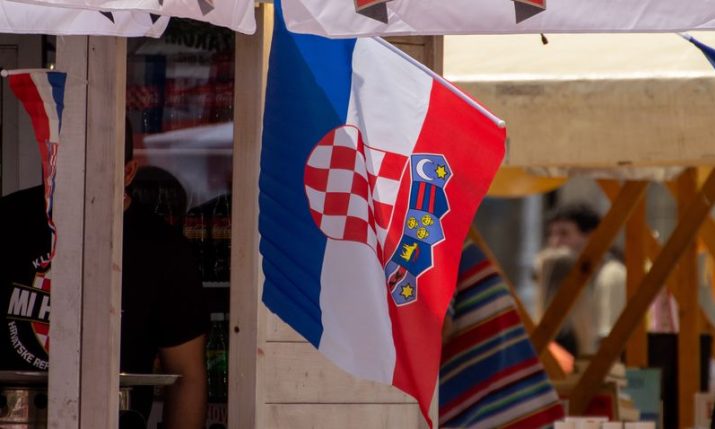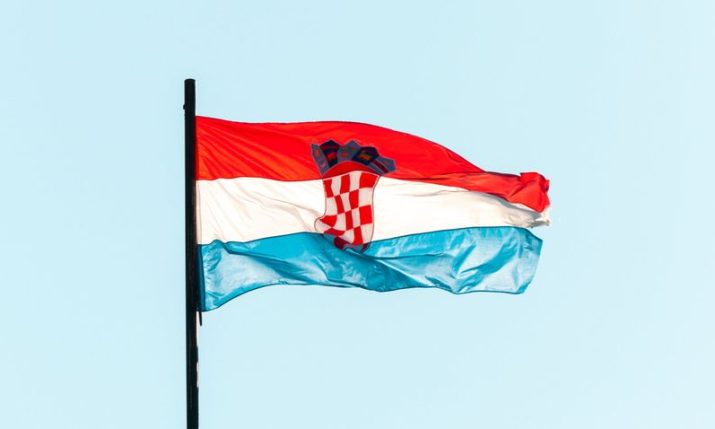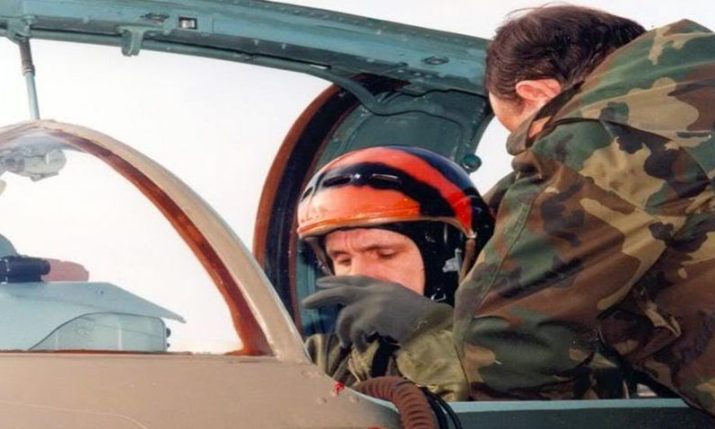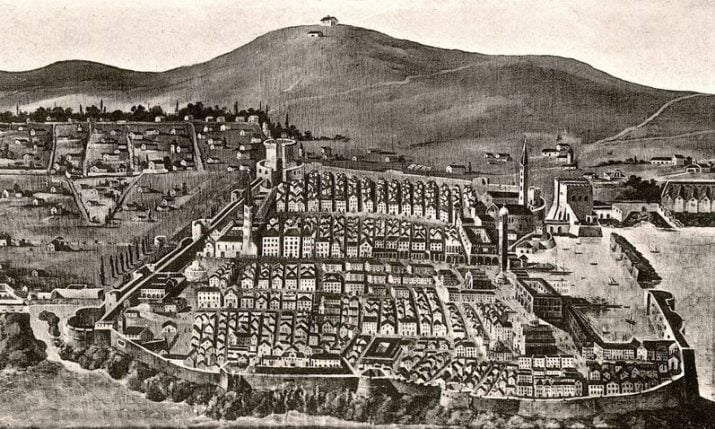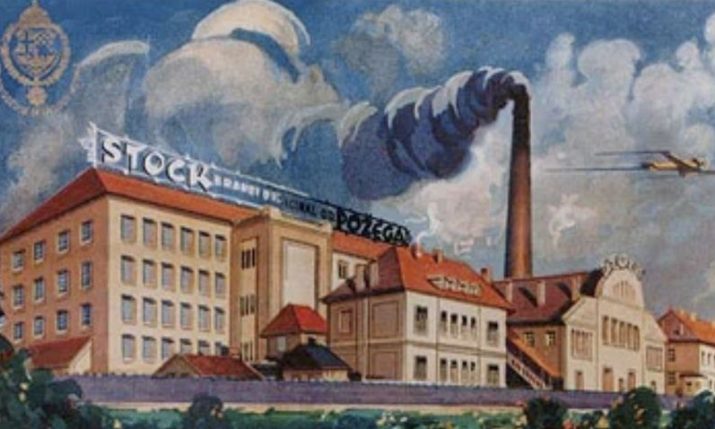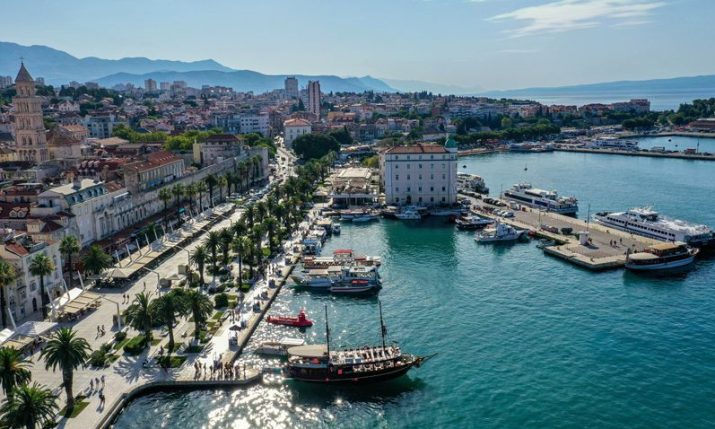COVID in Croatia: Chief epidemiologist announces additional measures
- by croatiaweek
- in News
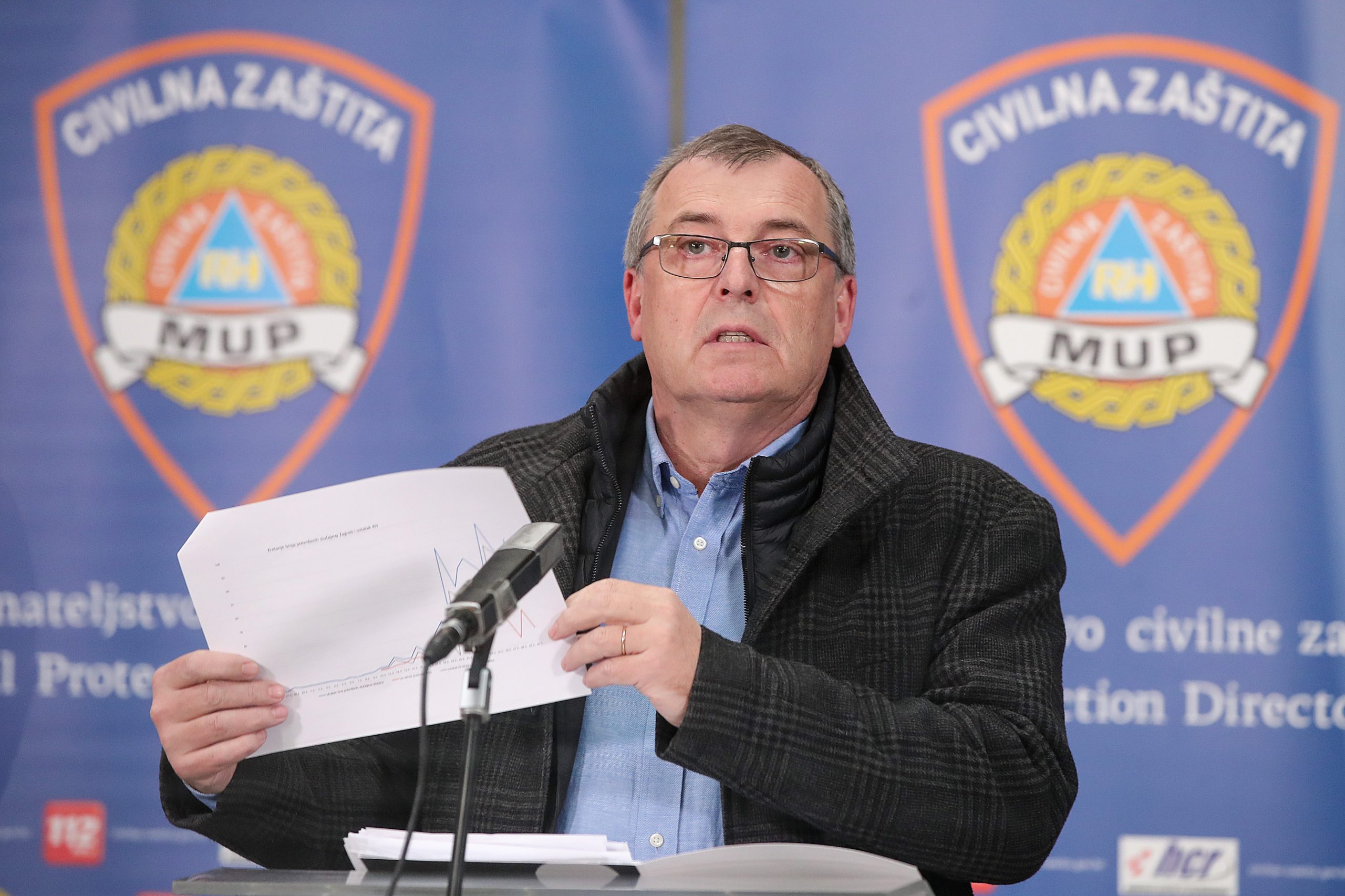
Krunoslav Capak (Photo: HINA/ PIXSELL/ POOL/ Goran Stanzl)
ZAGREB, Oct 24 (Hina) – Additional measures will be introduced very soon as the high number of coronavirus cases shows that the existing ones have not yielded results, Croatian Institute of Public Health (HZJZ) director Krunoslav Capak said on Saturday.
“Unfortunately, these measures haven’t shown results. They were introduced last Monday and the results should have been seen by now. Everyone realises that the numbers are rising and that additional measures are necessary. Intensive talks on that are underway,” he told the press.
Capak said the numbers certainly would not be rising if everyone adhered to the measures. “Evidently, we have a problem with people who don’t want to adhere to the measures.”
Capak said he was aware of the problem of concealing contacts with infected persons and not sending people into self-isolation, so measures to deal with that will be adopted “very soon.”
He said those would not be new measures, rather working hours would be further shortened and the number of people who could gather would be reduced.
As for the fact that some states in Europe have other restrictive measures, for example banning two families to meet in one month, he said it was not acceptable for the Croatian culture and way of life.
But there is a threshold after which measures would be made stricter, he added.
Speaking of the age of coronavirus fatalities in Croatia, Capak said it was 79 on average and that the average age of patients was 43, “and it hasn’t significantly changed since the start of the epidemic.”
The director of the Dr Andrija Stampar Teaching Institute of Public Health, Zvonimir Sostar, said there were no new hotspots in Zagreb, which reported 798 new cases in the last 24 hours, but that the virus was spreading horizontally.
“Whole families are infected, we have more and more of them,” he said.
Sostar and Capak were speaking to the press at the opening of a new testing location in Zagreb.
Capak said all public health institutes and the Health Ministry were working on hiring people to help epidemiologists and that he hoped about 100 would be hired in the next few days.
“The biggest pressure is on the City of Zagreb. We are constantly working on expanding the number of laboratories as well as the capacities,” he said, adding that there were problems with reagents but that they were not due to the debt owed to wholesale drug suppliers.
Capak said the HZJZ could do 1,600 tests a day and that it could do 500-600 more if the problem with expendable supplies was solved, which he hopes will happen next week.
In the last 24 hours, Croatia has registered 2,242 new coronavirus cases and 16 persons have died, the national COVID response team said on Saturday.
The number of active cases is 9,745, including 731 hospitalised patients, of whom 52 are on ventilators.
Since February 25, when the new virus was first registered in Croatia, 33,959 persons have been infected, including 429 who have died. To date, 23,785 persons have recovered, including 875 in the last 24 hours, and 437,048 have been tested, including 8,087 in the last 24 hours.
Currently, 27,967 persons are self-isolating.
Average age of fatalities in intensive care drops 7 years in 2 weeks
The number of COVID-19 fatalities has been dramatically rising recently, 50 in the past five days and the average age of the fatalities in intensive care at Zagreb’s Infectious Diseases Hospital is seven years lower than two weeks ago, Jutarnji List said on Saturday.
According to the hospital’s infectologist Vladimir Krajinovic, that age has dropped from an average of 70 to 63.
He says the mortality rate in his intensive care unit over the past eight months has remained about 50%, and 60% for those on ventilators. “All patients have the same disease.”
Krajinovic says he saw data from Ljubljana ten days ago and that they are the same as in his hospital. “Interpreting mortality and comparing countries is quite unfortunate and time will tell how things are being presented and what the real situation is.”

